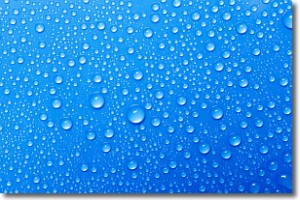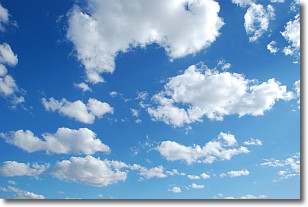Weather Alert in Minnesota
Fire Weather Watch issued May 10 at 2:35AM CDT until May 11 at 10:00PM CDT by NWS Grand Forks ND
AREAS AFFECTED: Norman; Clay; South Beltrami; Mahnomen; South Clearwater; Hubbard; West Becker; East Becker; Wilkin; West Otter Tail; East Otter Tail; Wadena; Grant; Griggs; Steele; Traill; Barnes; Cass; Ransom; Sargent; Richland
DESCRIPTION: * AFFECTED AREA...In Minnesota, Norman, Clay, South Beltrami, Mahnomen, South Clearwater, Hubbard, West Becker, East Becker, Wilkin, West Otter Tail, East Otter Tail, Wadena and Grant. In North Dakota, Griggs, Steele, Traill, Barnes, Cass, Ransom, Sargent and Richland. * WINDS...South 20 to 30 mph with gusts up to 45 mph. * RELATIVE HUMIDITY...As low as 18 percent. * IMPACTS...Any fires that ignite will spread rapidly and become difficult to control. Outdoor burning is not recommended. * ADDITIONAL DETAILS...Southerly winds will continue to increase over the weekend, with extremely warm temperatures arriving by Sunday. The hot temperatures, low relative humidity values, and strong southerly winds could bring critical fire weather conditions Sunday afternoon.
INSTRUCTION: A Fire Weather Watch means that critical fire weather conditions are forecast to occur. Listen for later forecasts and possible Red Flag Warnings.
Want more detail? Get the Complete 7 Day and Night Detailed Forecast!
Current U.S. National Radar--Current
The Current National Weather Radar is shown below with a UTC Time (subtract 5 hours from UTC to get Eastern Time).

National Weather Forecast--Current
The Current National Weather Forecast and National Weather Map are shown below.

National Weather Forecast for Tomorrow
Tomorrow National Weather Forecast and Tomorrow National Weather Map are show below.

North America Water Vapor (Moisture)
This map shows recent moisture content over North America. Bright and colored areas show high moisture (ie, clouds); brown indicates very little moisture present; black indicates no moisture.

Weather Topic: What is Condensation?
Home - Education - Precipitation - Condensation
 Next Topic: Contrails
Next Topic: Contrails
Condensation is the process which creates clouds, and therefore
it is a crucial process in the water cycle.
Condensation is the change of matter from a state of gas into a state of liquid,
and it happens because water molecules release heat into the atmosphere and
become organized into a more closely packed structure, what we might see as
water droplets.
Water is always present in the air around us as a vapor, but it's too small for
us to see. When water undergoes the process of condensation it becomes organized
into visible water droplets. You've probably seen condensation happen before on the
surface of a cold drink!
Next Topic: Contrails
Weather Topic: What are Cumulonimbus Clouds?
Home - Education - Cloud Types - Cumulonimbus Clouds
 Next Topic: Cumulus Clouds
Next Topic: Cumulus Clouds
The final form taken by a growing cumulus cloud is the
cumulonimbus cloud, which is very tall and dense.
The tower of a cumulonimbus cloud can soar 23 km into the atmosphere, although
most commonly they stop growing at an altitude of 6 km.
Even small cumulonimbus clouds appear very large in comparison to other cloud types.
They can signal the approach of stormy weather, such as thunderstorms or blizzards.
Next Topic: Cumulus Clouds
Current conditions powered by WeatherAPI.com




